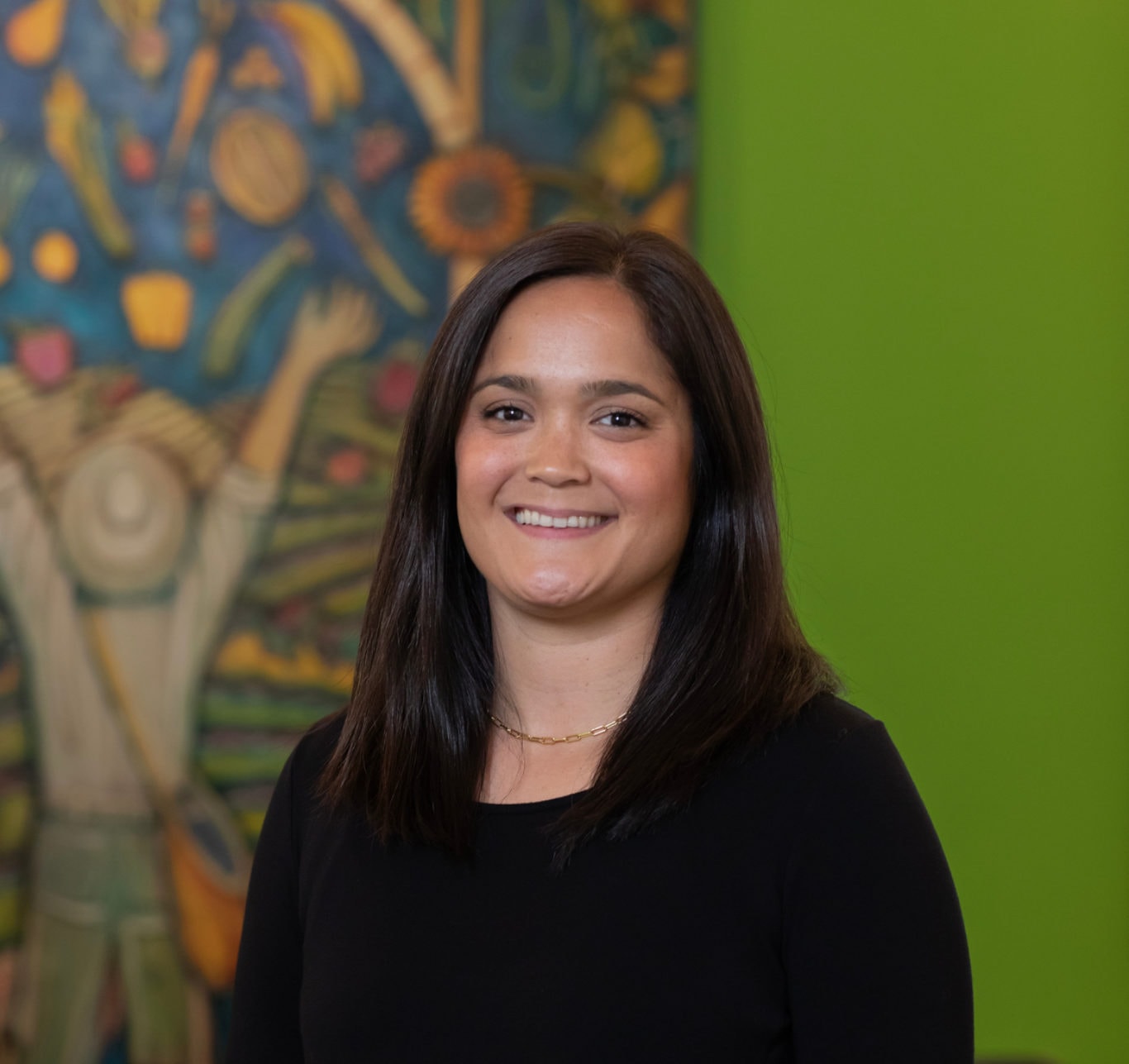Meet Andrea Williams, Oregon Food Bank's Next Leader
Meet Andrea Williams, Oregon Food Bank's Next Leader
Andrea Williams, incoming President of Oregon Food Bank
I’ve dedicated my career to advancing justice, and one way that we do that is to deliver the services and push for the changes that will improve people’s daily lives.
Soon after stepping into the role of Executive Director of a leading immigrant rights organization in the state, we lost a ballot measure that rolled back a policy that was essential to our community: Driver’s Licenses for All. The law provided access to driver’s licenses for all Oregon residents who pass written and driving tests, pay the fees, and provide proof of identity and residency to receive a standard driver’s license. After the campaign loss in 2014, our immigrant communities faced deep disappointment and uncertainty.
The team behind the campaign and I were heartbroken — but we knew we were not going to give up. Over the next three years, I led One Oregon, a coalition of over 100 organizations that worked across the state to build partnerships that would ultimately allow us to reinstate the law in 2019.
For me, this is the power of a community that believes in basic fairness and is willing to be persistent toward a shared vision.
Now, as the incoming President of Oregon Food Bank, I see another moment for us to come together. We all deserve access to food, and when we build bridges across our differences, we can have a future where no one knows hunger.
Oregon Food Bank’s dedicated network of Regional Food Banks and partner agencies play an essential role in ensuring that everyone can access the food they need today. Right now, the cost of food, housing and health care are pushing people in Oregon and Southwest Washington to seek emergency food assistance as many as 1.5 million times a year, alongside 700,000 people who are enrolled in the Supplemental Nutrition Assistance Program (SNAP, formerly known as “food stamps”).
Yet, hunger persists in every corner of Oregon. As we’ve been listening to our communities, we are hearing from people in rural, urban and suburban communities alike that we need to address the root of the reasons that so many Oregonians experience hunger.
For example, in Oregon, immigrant workers pay millions of dollars in taxes and contribute to our communities but are currently excluded from the food assistance programs that families rely on to make ends meet. Whether we live in Medford, Portland or Ontario, we all want the same things: to provide food and a better life for our families.
Immigration status shouldn’t exclude anyone from being able to receive food assistance, and that’s why Oregon Food Bank has been mobilizing with community and coalition partners to pass Food for All Oregonians. This policy would create a state-funded program that ensures youth and elderly people in Oregon have access to the food we need, including immigrants and refugees. When we succeed, kids will do better in school, our families’ health and well-being will improve, and our economy can thrive.
I look forward to working with our community to end hunger and its root causes but I cannot do it alone. It will take all of us working together to ensure access to food for everyone. Together with a committed Board of Directors, strong leaders and dedicated staff, and the support of all of our partners in the community, we are rising for all.
About Andrea:
A mother of two beautiful children, Vice President of Oregon Food Bank Andrea Williams has co-led the organization with the outgoing President Susannah Morgan for the past three years. Previously, she served as the Executive Director of a leading immigrant rights organization in the state and also led One Oregon, a coalition of over 100 organizations to pass policy that changed many Oregonians' lives. She also worked in the City of Portland Office of Community & Civic Life. Andrea will assume the role in December 2024.
